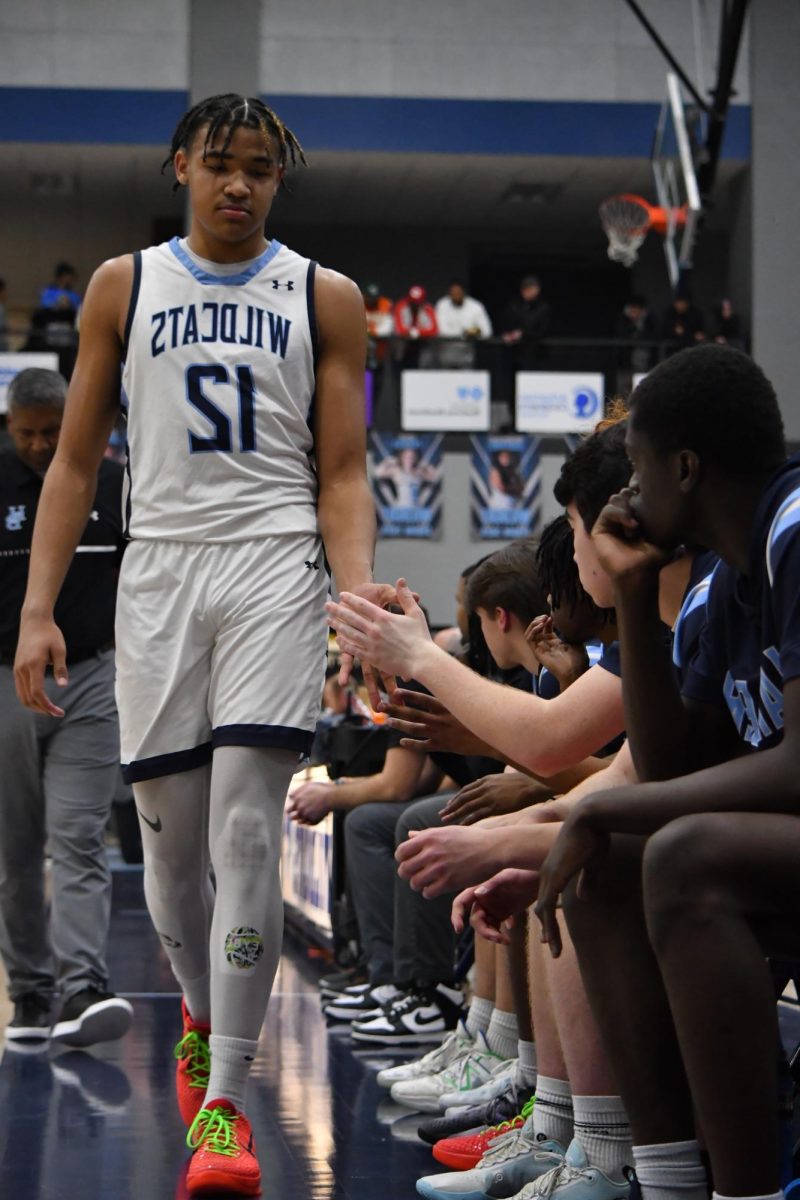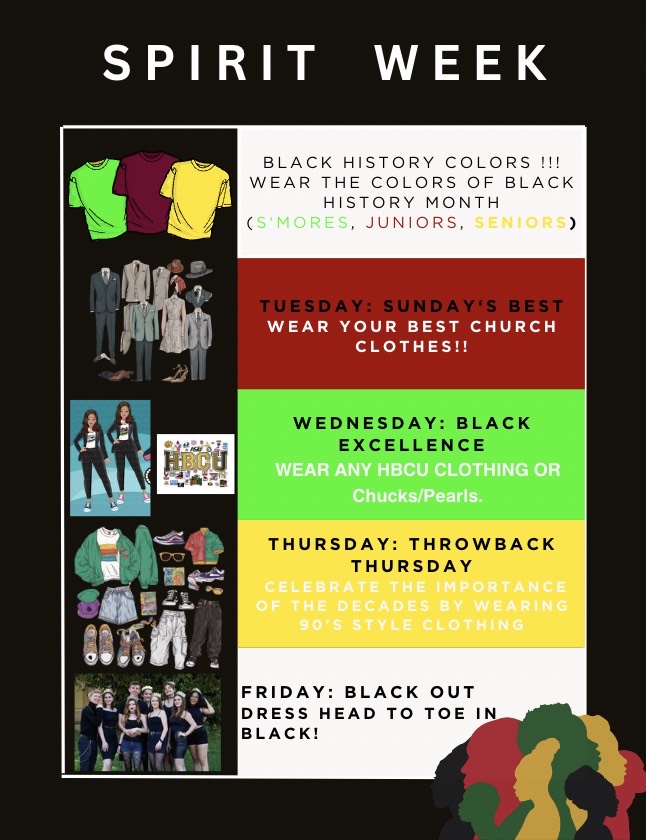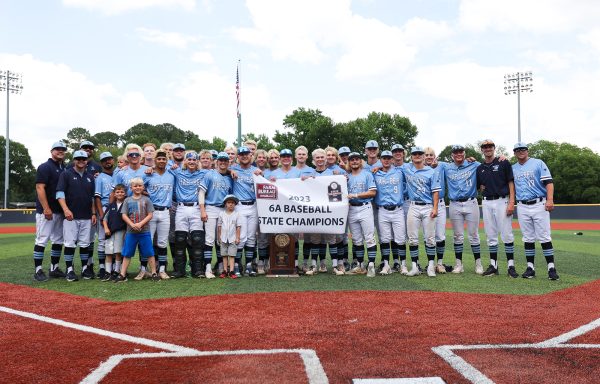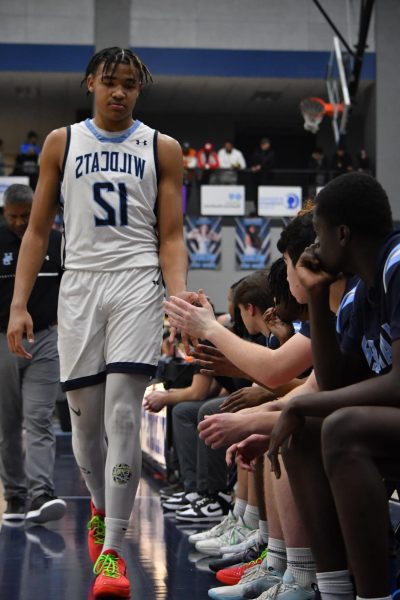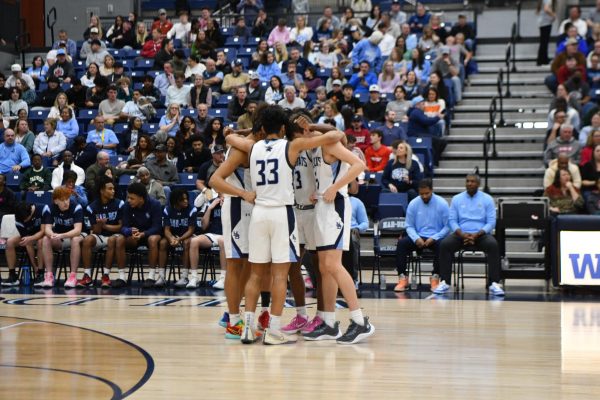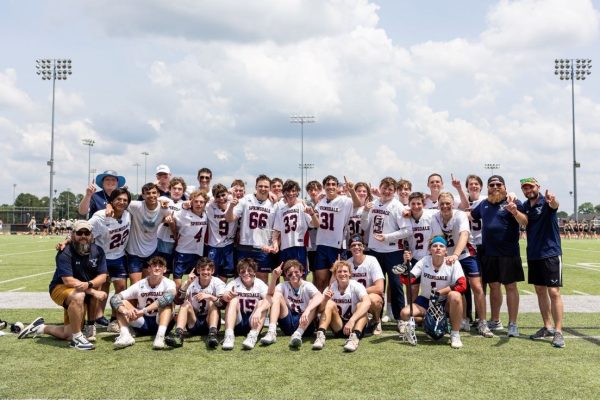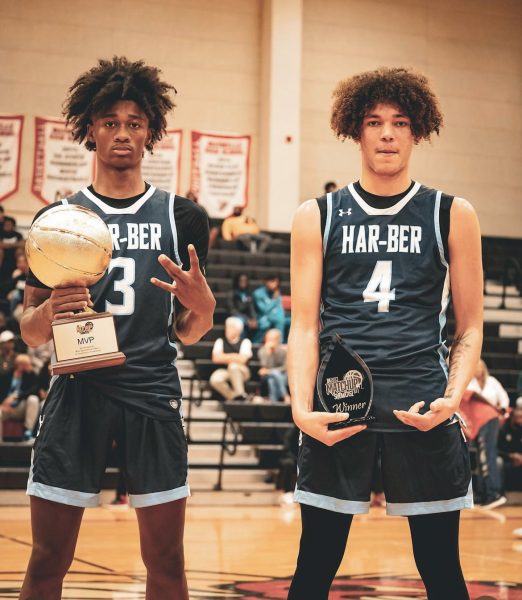Football traditions
October 21, 2016
It is late in the battle and the team is losing, but the team rallies together and makes a stand. Senior Cahl Chastain knows what he is fighting for as he makes that final stand. Firmly planting his feet on the turf, he remembers what he is supposed to be. He is supposed to be a dog soldier, and so he becomes one with his fellow brothers.
“A Dog Soldier is a Native American, like the chief, and he would wear a sash. If they were losing, he would stake it in the ground, showing that he wasn’t going to run, and that would rally the troops and they would come back and fight, too,” Chastain said.
Dog Soldiers were warriors in the Cheyenne tribe, charged with protecting the people and fighting at all costs. Coach Robert Day, who coaches offensive line for the football team, researched this topic after reading about it.
“I came across it from doing research for FCA for a devotional. So, I just started doing some research on it, and I liked the idea. In the spring, we did some leadership deals with our team, and I was doing one on service leadership, and so we included that in that topic,” Day said.
Day believes that service and leadership are two of the most important lessons he can teach in football, and the Dog Soldier is a great example of that.
“We are real big on service leadership, and so the act of the Dog Soldier himself was kind of a servant act. He basically gave himself up to inspire and protect other soldiers, which is one of the things we talk about all the time. It’s just about being servant leaders and putting others in front of yourselves,” Day said.
That lesson not only goes off the field, but it also applies to on the field, and Chastain, who plays defensive end, believes in the idea of the Dog Soldier.
“You can’t just run away. You have to make a stand with the football team and come together. We are 2-1, and I think it has worked and we started coming together this offseason as a team,” Chastain said.
Senior Hayden Hill, who plays linebacker, said that the idea was first used at seven-on-seven tournaments this summer, and it worked quite well.
“Just having it on our backs and during every play, I could see it on my teammates’ backs, thinking of not to give up and keep going. We went to Iowa and won a championship there. We went undefeated,” Hill said.
Day hopes that the lessons he teaches, specifically Dog Soldiers, are remembered and practiced off the field as well.
“When you look at it as a whole, if kids can’t walk out the back end of our program and be better fathers, better brothers, better sons and better husbands, if we haven’t helped them get to that point, then we have really failed them,” Day said.


